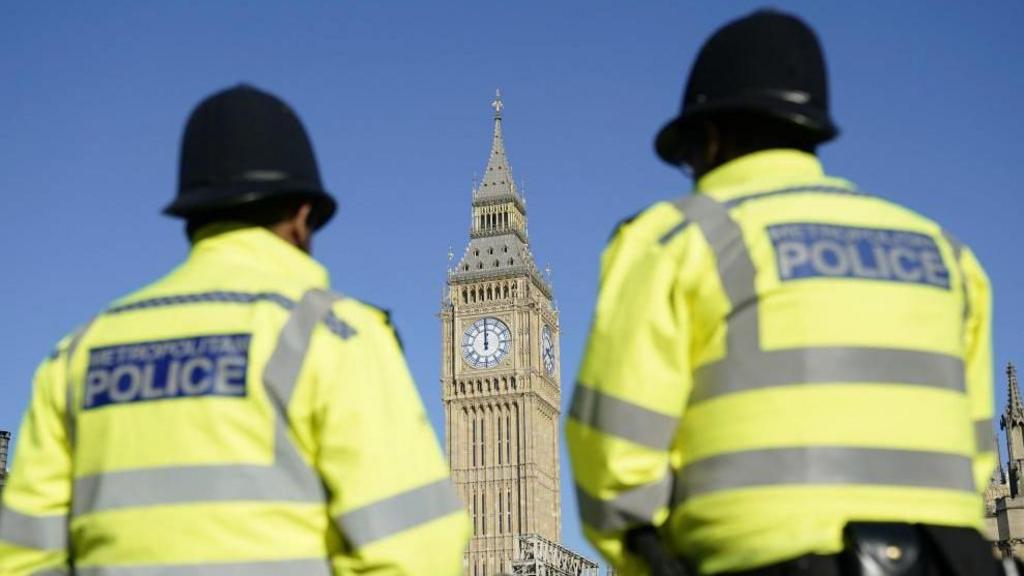A government-backed 4.2% pay raise for police officers in England and Wales has been met with criticism, with the association representing front-line officers stating it “barely treads water.”
The Police Federation characterized the increase as being “worth the price of a Big Mac per shift” and warned it would fail to address “record levels of resignations, record mental health absences or the record number of assaults on officers.”
The organization, representing over 145,000 officers, announced it would poll its members to determine whether they accept or reject the award.
Home Secretary Yvette Cooper defended the increase, noting it marginally exceeds the current inflation rate of 4.1% and was recommended by an independent review body, stating it serves as “a clear signal of our gratitude.”
The approved increase also surpasses the 2.8% figure proposed by ministers in December, for which police forces had budgeted.
The pay raise will see the starting salary for a police constable rise by £1,256 to £31,164. Constables with six years of service will see typical salaries of £50,256, while chief superintendents will average £98,500.
In addition, on-call, away-from-home, and hardship allowances will be augmented by £10, and London weighting will also increase by 4.2%.
Home Secretary Yvette Cooper stated, “Our brave police officers work day and night, often making enormous sacrifices to keep us safe.”
She further added, “We are committed to investing in the front line and supporting officers who work every day to tackle crime, keep our streets safe and protect our communities.”
The government has pledged £120 million from the Home Office to support the pay award and “help protect police force budgets.”
While the Police Federation acknowledged the government’s decision to reject police chief constables’ calls for a 3.8% pay rise, it maintained that the 4.2% award remains insufficient.
Deputy National Chair Brian Booth asserted, “After more than a decade of real-terms pay cuts, this award does little to reverse the long-term decline in officers’ living standards or address the crisis policing faces.”
British Transport Police Federation Chair Stuart Cowan echoed this sentiment, declaring 4.2% “is simply nowhere near enough.”
He argued, “Officers who are battered and bruised and stretched to their physical and psychological limits are worth so much more than repeated paltry pay increases.”
Conversely, the National Police Chiefs’ Council (NPCC) deemed the 4.2% increase above inflation, emphasizing “it is essential that we attract and retain the best people into policing through competitive pay.”
NPCC lead for pay and conditions, Asst Ch Officer Philip Wells, stated that the pay award “is what we believe our officers deserve and reflects the nature of the work they are required to undertake to keep our streets safe.”
He concluded that it was “vitally important that additional costs for pay are fully funded if we are to maintain services and be able to continue to invest in areas such as neighborhood policing and technology.”
Aileen O’Connor emphasizes that officers “need to be remunerated properly” for their service.
Daniel Boothby risked his own life to rescue a distressed woman from a cliff.
Chief Constable Tim Smith lauds PC Vinall for demonstrating “the finest qualities of a police officer.”
A survey indicates that 17% of Kent Police officers intend to resign within two years or as soon as possible.
PCs Dee and Chilcott intervened during the stabbing of a man in Wolverhampton in January 2024.

